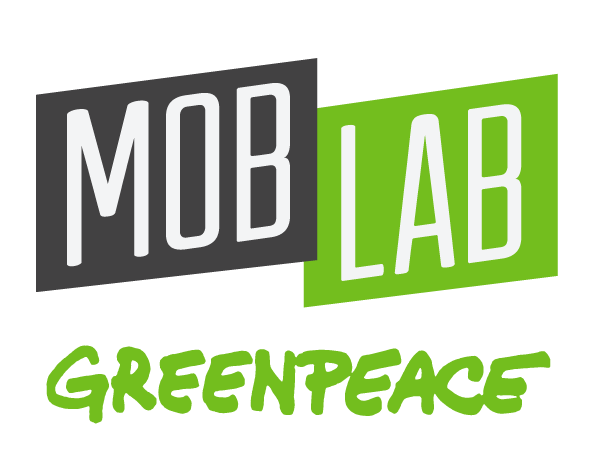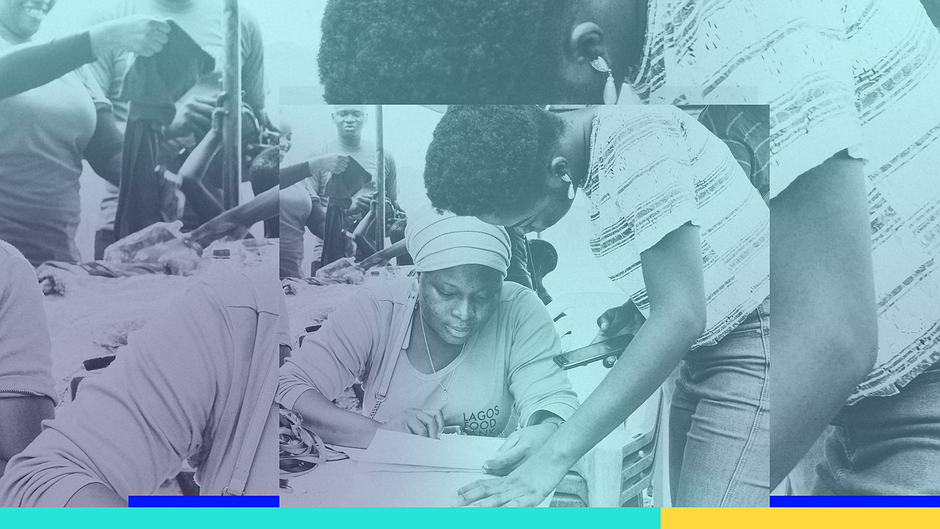Advocacy
70 mins
The right to information for human rights advocacy

- Abstract:
- This course introduces participants, mainly journalists and civil society advocates, to the right to information (or right to access information held by public officials), how to use that right to advance freedom of expression and other human rights, and how to advocate for strong protection for this right.
- About this course:
- Providing for the right to access information from public authorities (or the right to information) is a key enabling right for democratic progress, advocacy work, effective participation and keeping public authorities accountable. It enables people to make informed choices and to engage effectively with the public authorities that represent them and serve as custodians of public services. Without the right to information, power holders are less accountable and have fewer checks and balances on their actions.
- What do I learn:
- This course highlights the regional and international human rights obligations of States and the public authorities which comprise them to put in place an enabling legal environment to empower individuals, civil society organisations, the media and others to access public information. The course also highlights the practical means to make and follow-up on requests, taking into account that although access is a right, oftentimes public authorities seek to obstruct it. This includes a session on exceptions, to help participants understand what may and may not legitimately be withheld.
- What do I need to know:
- You will get more from this course if you come in having some basic understanding of the core concepts regarding the right to information. You should know whether or not the country you live and work in has adopted a right to information law and, if so, how, broadly speaking, it works (or, if not, whether there are efforts to advocate for one).
Trainers
- 1.1 Introduction to the course1.2 Introduction to the right to information
- 2.1 Key principles governing the right to information2.2 Key framework of a strong RTI law2.3 International and regional RTI instruments2.4 Assessing RTI through ratings
- 3.1 Basic outline for how you make a request for information3.2 Some key tips to improve your request3.3 Issues in law to look out for when making a request3.4 Some likely scenarios and responses when making a request3.5 Quiz
- 4.1 Overview of international standards regarding exceptions (Pakistan case study)4.2 Case study: Overview of international standards regarding exceptions4.3 Elaboration of the three-part test for exceptions4.4 Key challenges of applying exceptions in practice4.5 Table of common exceptions4.6 Quiz
- 5.1 Key reasons why you may need an appeal5.2 Overview of the key options for appeals5.3 Features of national levels of appeals5.4 What you need to include in an appeal to make it more effective5.5 Options for appeal beyond the national level
- 6.1 Advocacy approaches that have proven useful in trying to get a right to information l6.2 Actions to improve RTI implementation6.3 Highlights of some of the work civil society is doing in other countries6.4 An example of successful grassroots use of RTI from India6.5 Quiz
- 7.1 Conclusion
Related courses
 CUNY Brooklyn College
CUNY Brooklyn College
90 mins
 CUNY Brooklyn College
CUNY Brooklyn College
40 mins
 Greenpeace Mob Lab
Greenpeace Mob Lab
40 mins
 Greenpeace Mob Lab
Greenpeace Mob Lab
Suggested reading

Blog
Evaluating the Efficacy of State-Imposed Telecom Shutdowns in Northwest Nigeria
This article casts doubt on the shutdowns' effectiveness in curbing banditry, exposing alternative explanations for any temporary decrease in attacks. It questions the legitimacy of justifying these shutdowns as effective counter-terrorism measures, advocating for alternative approaches that prioritize community engagement, human rights, and development initiatives to address the root causes of insecurity and foster lasting peace in Northwestern Nigeria and Nigeria at large.

Blog
Impact of the Twitter Ban in Nigeria
This post is a research study on the impact of the Twitter ban in Nigeria on Human Rights Monitoring, Advocacy and Creativity. Read more.

Blog
Four Free Toolkits to Fight Internet Shutdowns
Let’s tell you a little bit more about each toolkit!

Blog
The Impact of Internet Disruptions on Farmers in Nigeria
In Nigeria’s Northwestern Sokoto State, farm workers grapple with geopolitical challenges, shifting climate realities, and economic turbulence. However, they now face a new, growing threat: a troubling rise in internet disruptions, which threatens their ability to work in an increasingly digitally connected world. Read more.

Blog
Central Asian Network of Internet Activists
Central Asian Network of Internet Activists (CANIA) is a network of dedicated researchers and activists with a passion for digital rights, security, and development. Originating from Central Asia, they understand the challenges of internet accessibility and the pivotal role of the internet in economic advancement. CANIA’s efforts centre around increasing awareness of pressing issues like data privacy, internet accessibility, digital literacy... read more.

Blog
Investing in the Fight Against Digital Authoritarianism in Senegal
On February 3, Senegal’s President Macky Sall announced a delay of the much-anticipated presidential elections, originally planned for February 25, in what some are calling a “constitutional coup.” Protests erupted, and the government imposed a mobile internet shutdown. Read more...
